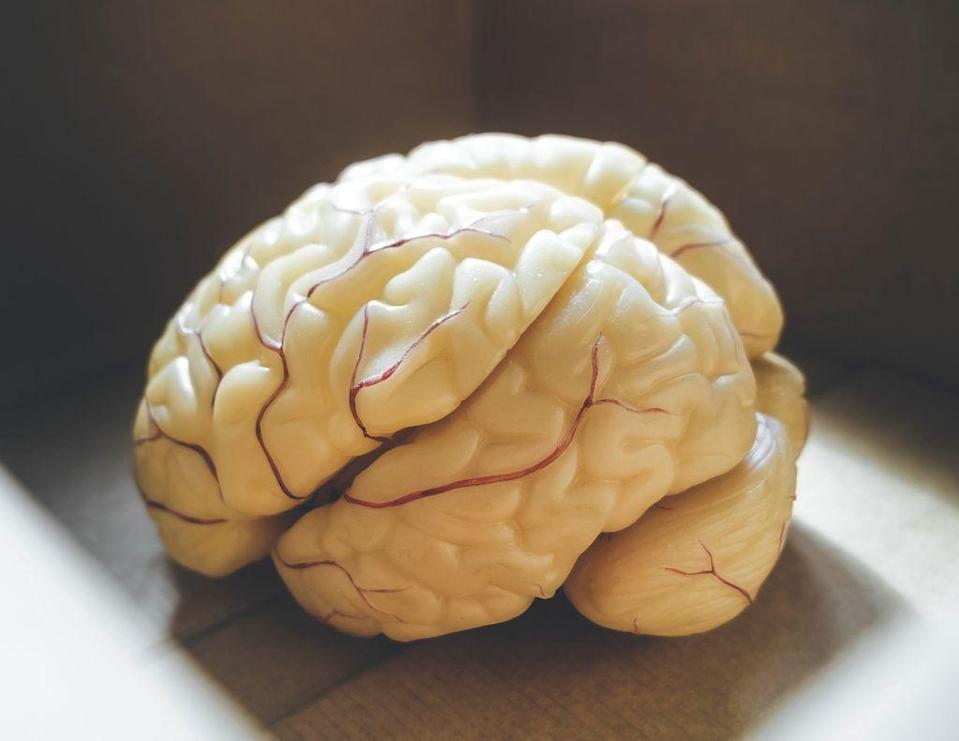Several studies have already demonstrated that COVID-19 leaves traces of long-term neurological problems, such as memory loss, difficulty concentrating, hallucinations, headaches, and loss of sense of smell or taste. But a new study finds that the disease leaves some signals in the brain similar to what you see in Alzheimer’s disease.
The study found widespread inflammation and degeneration in the brains of those who died of COVID-19, even when they had not reported any neurological symptoms in their lifetime. In addition to Alzheimer’s disease, the signs are also reminiscent of Parkinson’s disease, but the researchers were unable to find any traces of the actual virus in brain tissue.
It is possible that the viral material had already been eliminated when these patients died, or the SARS-CoV-2 virus could have damaged areas of nerves in other parts of the body. The study suggests that neurological damage may be common in severe cases of COVID-19, even when patients do not have cognitive symptoms.

To reach these conclusions, the group compared brain tissue from eight people who died of COVID-19 with brain tissue from 14 people who had died of other causes, including the flu. Using single-cell RNA sequencing, the paper’s authors analyzed more than 65,000 anterior cortices and genes in each layer of each cortex. In each type of brain cell examined, the team found that specific genes were turned on exclusively in COVID-19 patients, and many of these genes are implicated in neuroinflammation.
It remains unclear whether those who actually report neurological symptoms in life have greater postmortem neuritis. But the findings suggest that even if SARS-CoV-2 does not cross the blood-brain barrier and even if no neurological symptoms are reported, the virus may still have a lasting effect on cognitive function.
It can be a full study Accessed in nature.
Source: Canaltech
Trending La Canaltech:

“Wannabe internet buff. Future teen idol. Hardcore zombie guru. Gamer. Avid creator. Entrepreneur. Bacon ninja.”

